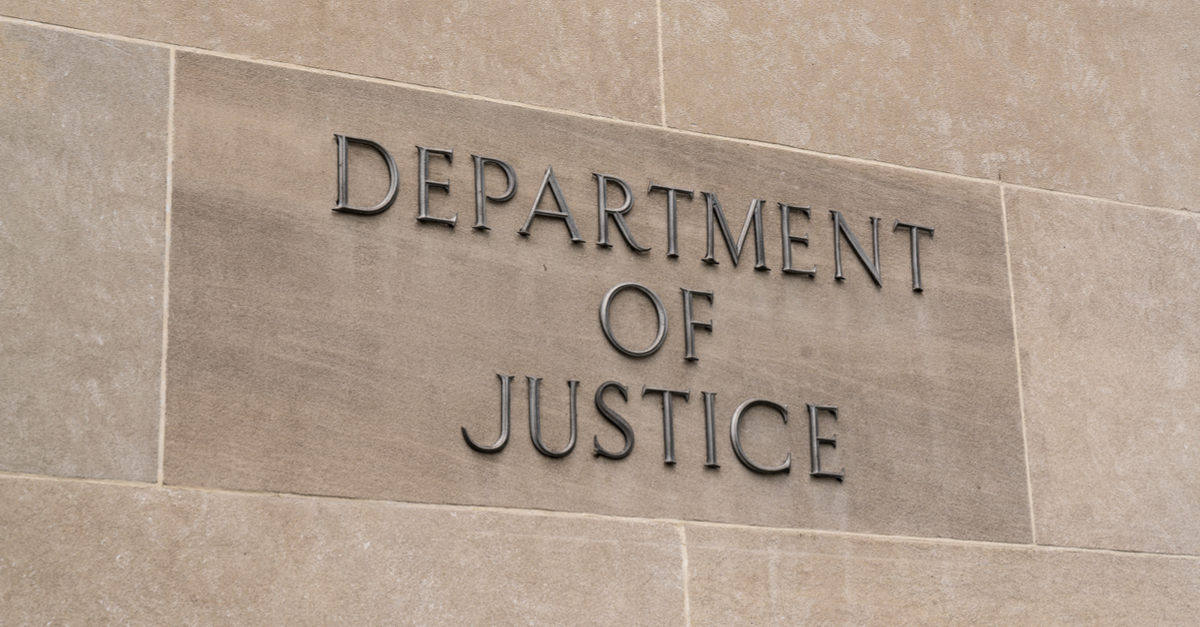The plot of the Waymo vs Uber fight over stolen self-driving technology was already thick, what with 14,000 pages of intellectual property and a 37-page letter that described an Uber unit called Marketplace Analytics (MA) that allegedly spied on competitors worldwide for years, scraping millions of their records using automated collection systems and conducting physical surveillance…
…and thicker still, with Uber using “non-attributable” servers that couldn’t be traced to Uber to store that data. Plus there are the non-attributable laptops, pre-paid phones and Mi-Fi wireless internet devices. Then there’s the use of “ephemeral” messaging services like Wickr and Telegram to communicate, so as not to leave the digital version of a paper trail that could damage the company in any legal proceeding.
And guess what… it just got thicker. Judge William Alsup has unsealed two letters (over the objections of the US Attorney’s Office in San Francisco) that reveal why the civil trial has been delayed. Namely – surprise, surprise – there’s a criminal investigation into Uber’s behavior.
One unsealed letter dated 22 November contains a former employee’s claim that Uber intentionally used “non-attributable electronic devices” (e.g. burner phones and the like) to conceal use of any wrongfully attained intellectual property, as in, stolen driverless vehicle technology.
In the course of a United States’ pending criminal investigation, the government interviewed a former Uber employee named Richard Jacobs.
… Jacobs further stated that Uber employees routinely used non-attributable electronic devices to store and transmit information that they wished to separate from Uber’s official systems. He surmised that any wrongfully-obtained intellectual property could be stored on such devices, and that such action would prevent the intellectual property from being discovered in a review of Uber’s systems.
Those “hide-the-evidence” allegations jibe with a 37-page letter’s allegations of Uber’s “shadow server” – a good place to stash withheld evidence. The letter was written by an attorney for Richard Jacobs, a former Uber security analyst who worked in the company’s global intelligence unit. It was turned over to the court last month and was expected to be released Friday, 15 December at 12pm Pacific Time.
Jacobs’s letters were explosive enough, and late enough (they should have been added to the case file as soon as Uber received them) to prompt Waymo’s attorneys to move for a delay in the trial, arguing that there was no way they could review them in time for the scheduled 4 December start. Judge William Alsup agreed, granting a two-month delay.
The 22 November letter was sent by San Francisco-based federal prosecutors. The fact that it was sent was highly unusual: judges in a civil case like Waymo vs Uber rarely get a heads-up about a pending criminal investigation involving one of the litigants.
In a separate 28 November letter sent to Judge Alsup, Acting US Attorney Alex Tse asked that the first letter not be made public.
…we request the Court maintain our letter under seal. Although the letter does not identify the nature of the investigation, the offenses being investigated, or any target or subject of the investigation, we believe that maintaining the letter under seal is consistent with protecting the presumption of innocence and protecting the integrity of our investigation.
Nonetheless, the judge unsealed both letters on Wednesday.
The first letter was signed by two Assistant US Attorneys, Matthew Parrella and Amie Rooney. As Ars Technica notes, those prosecutors are assigned to the Computer Hacking and Intellectual Property (CHIP) Unit at the United States Attorney’s Office in San Jose. Parrella is head of that unit.

Mahhn
I’ll bet a snickers bar (the little ones) that they try to bribe the DOJ. it would fit right in with their current strategies.
MrGutts
I agree, once they pay there yearly dues, the case will go away.